Both calibres have formidable reputations and really should need no introduction. The .375 has been regulated to shoot 300 grain loads, whilst the .500 shoots its classic 535 grain bullet, in this instance Woodleigh Weldcore's, from modern Kynoch ammunition.
As is becoming the norm with our 'Modéle de Luxe' guns and rifles, only the very best walnut has been used as this makes such a statement when viewed by even the most casual of observers. We take great care in sourcing only the very best and like to think that the clients expectations will be more than surpassed.
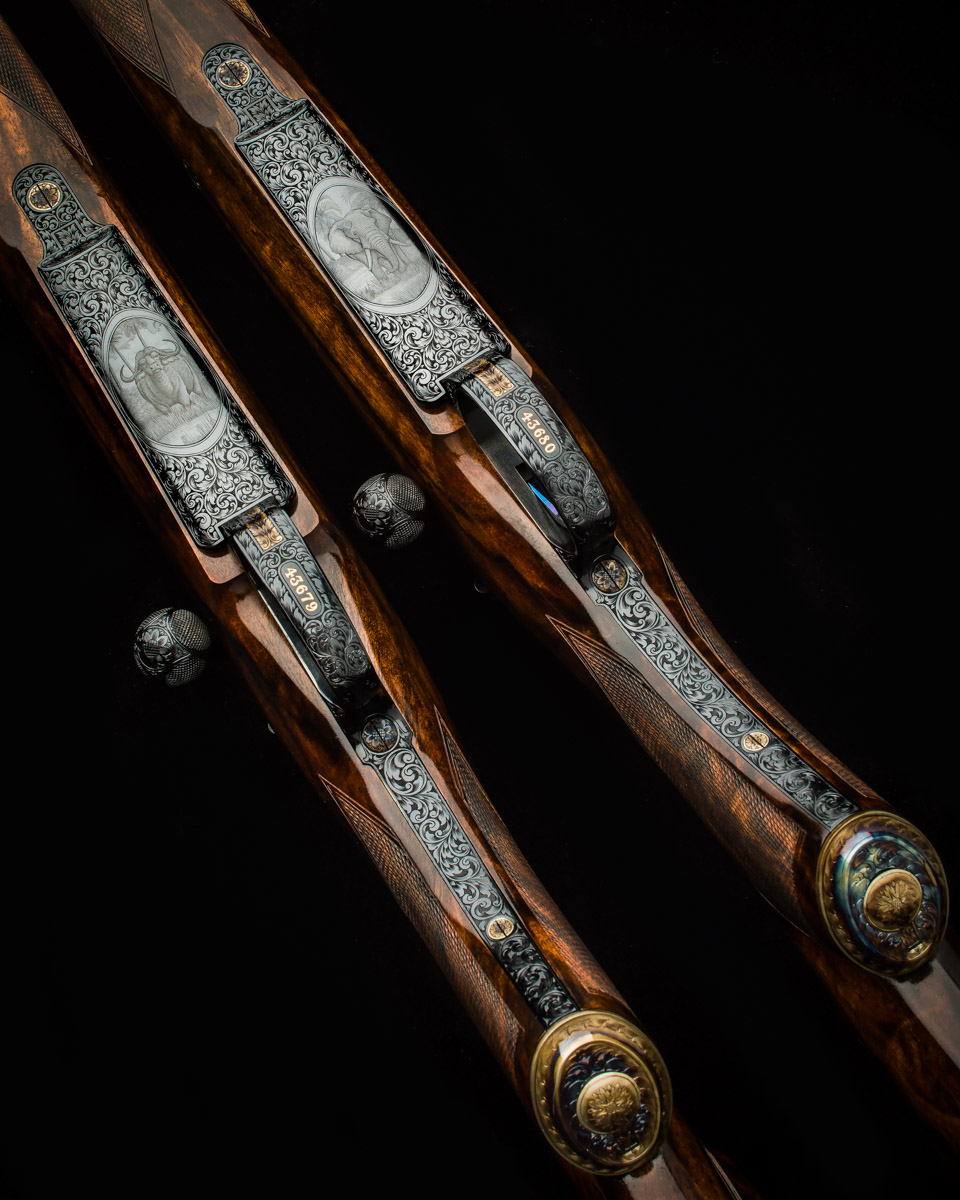 Full deluxe scroll, gold lettering and game scenes complemented by deep black, case colour hardening and light blue finish.
Full deluxe scroll, gold lettering and game scenes complemented by deep black, case colour hardening and light blue finish.
Engraving wise the client had asked for our deluxe scroll with gold naming throughout and the addition of a Cape Buffalo game scene on the .375 and a Bull Elephant on the .500. With our classic combination of blacking, case colour hardening and light blue finish the overall look of the rifles is subtle and classic.
Heading south of the equator shortly, these rifles will be sure to get a lot of use, with the team here at the factory keen to see the results of all the hard work. It is one thing to build beautiful rifles, but as the saying goes 'the proof of the pudding is in the eating' or in this case the shooting!
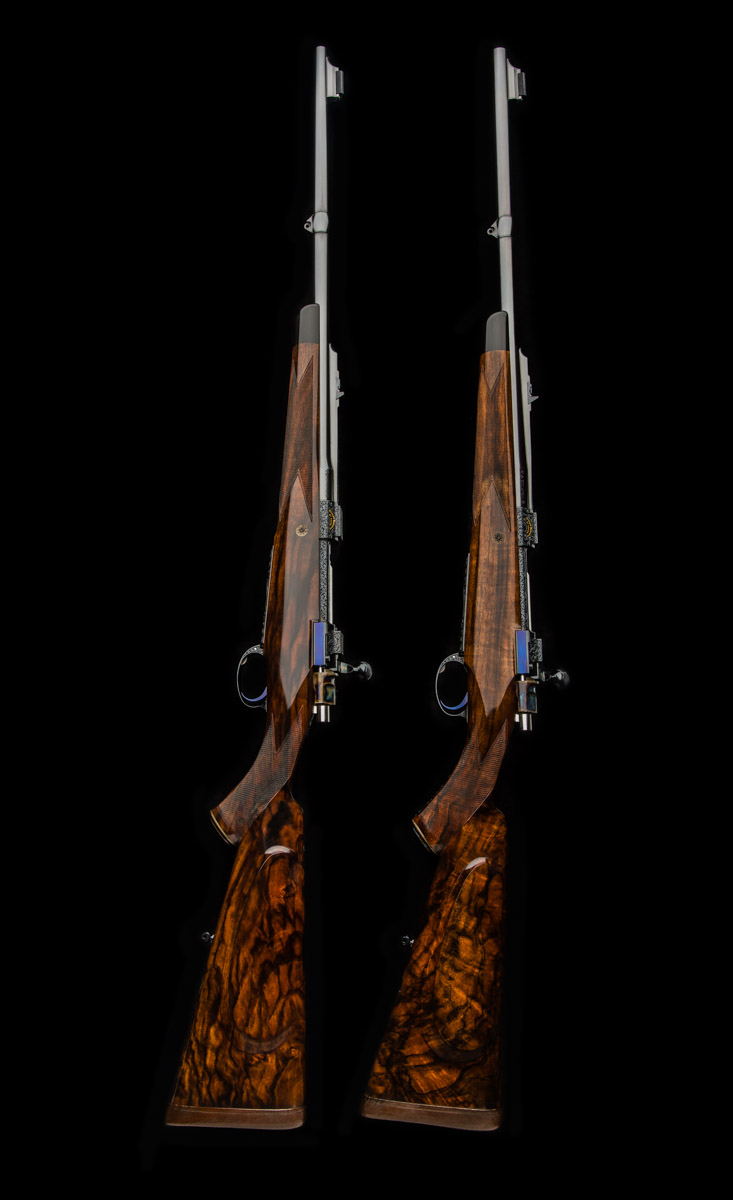 Spectacular matching wood for the rifles.
Spectacular matching wood for the rifles.
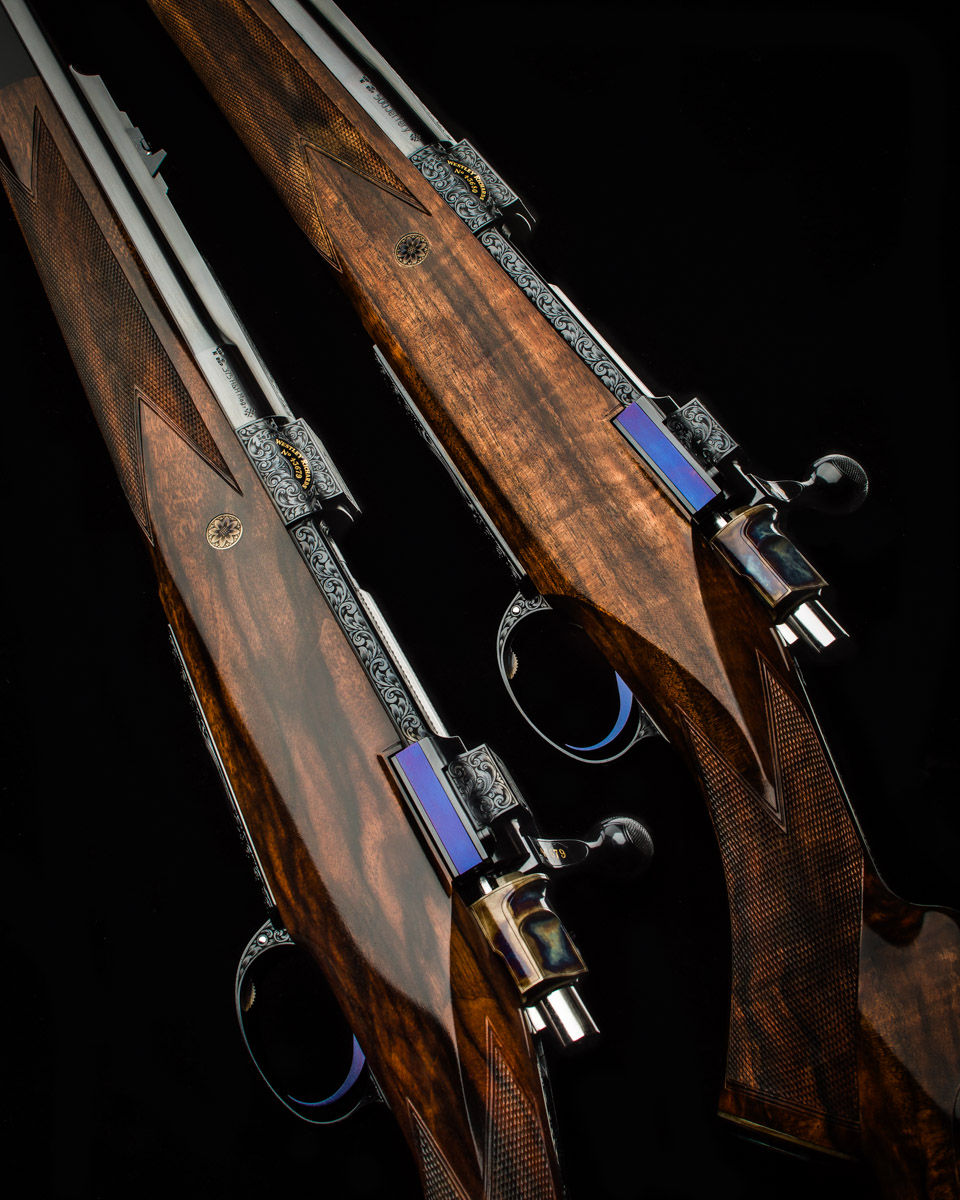
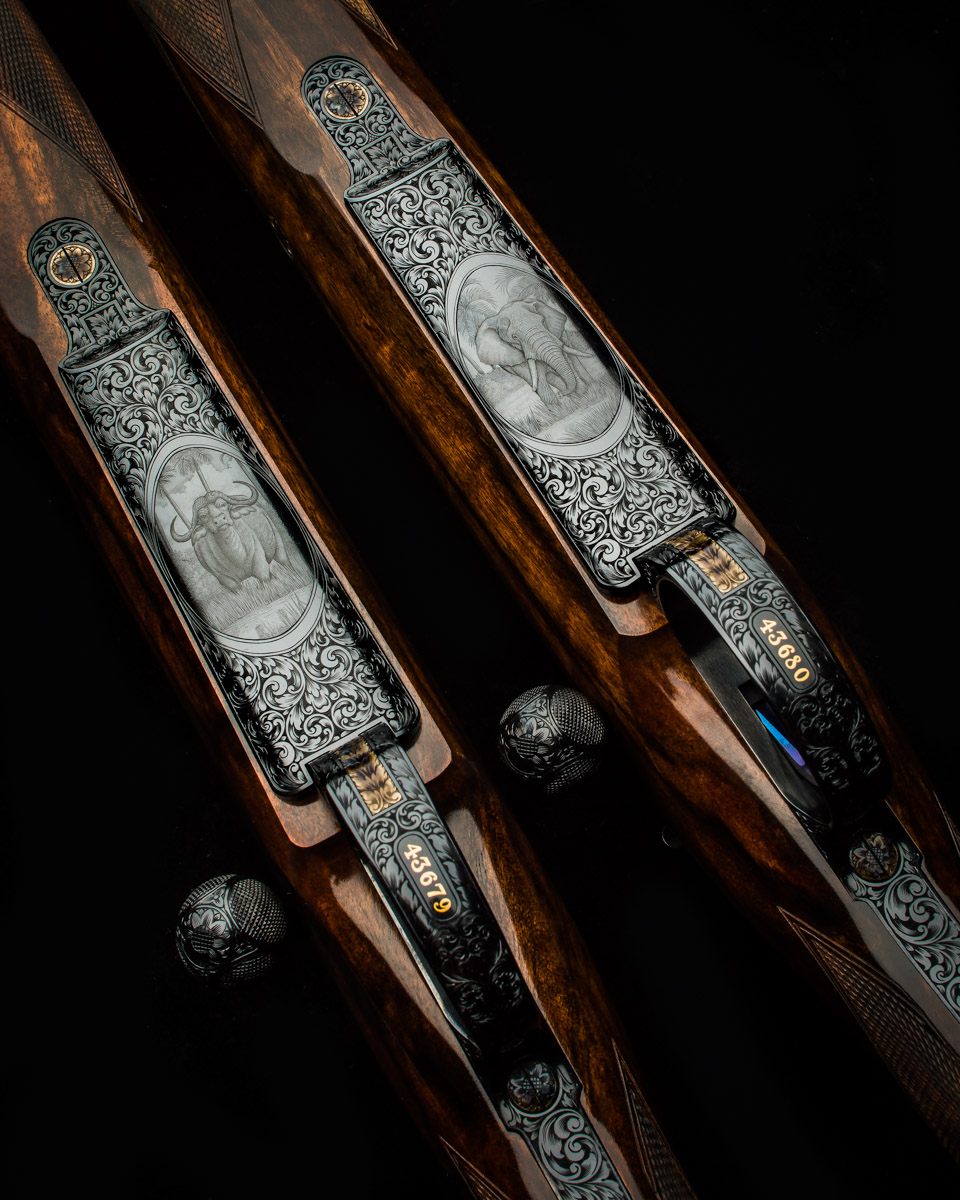 Cape Buffalo and Bull Elephant adorn the floor plates of the two rifles.
Cape Buffalo and Bull Elephant adorn the floor plates of the two rifles.

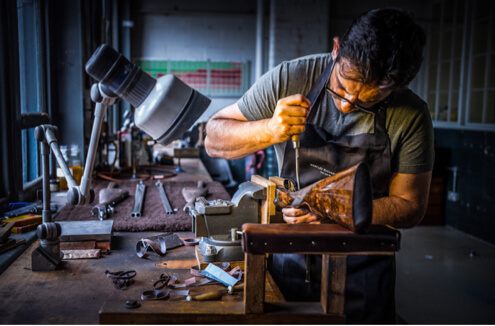
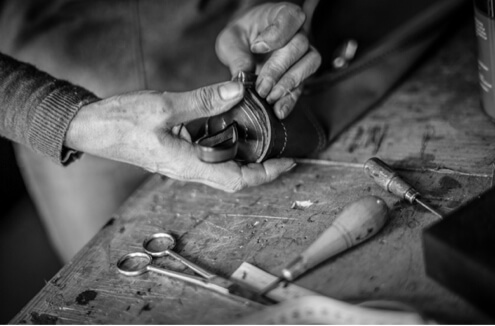
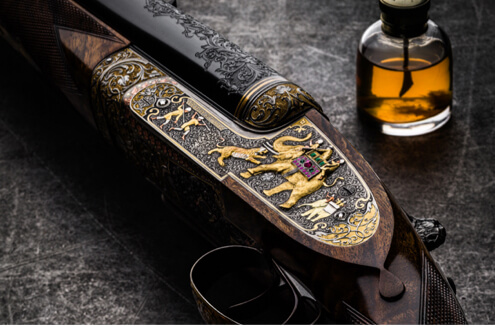
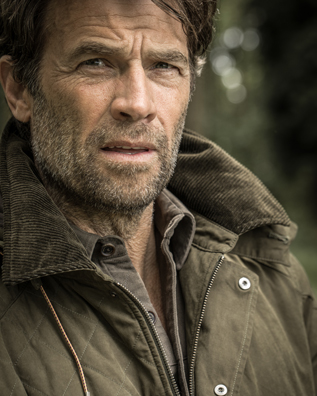
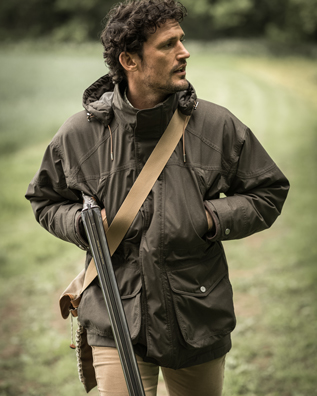
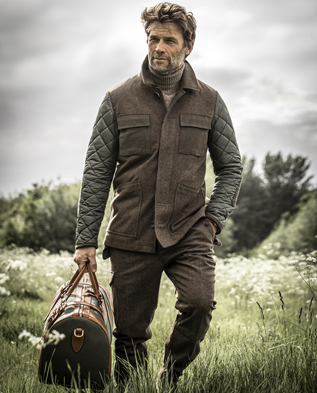
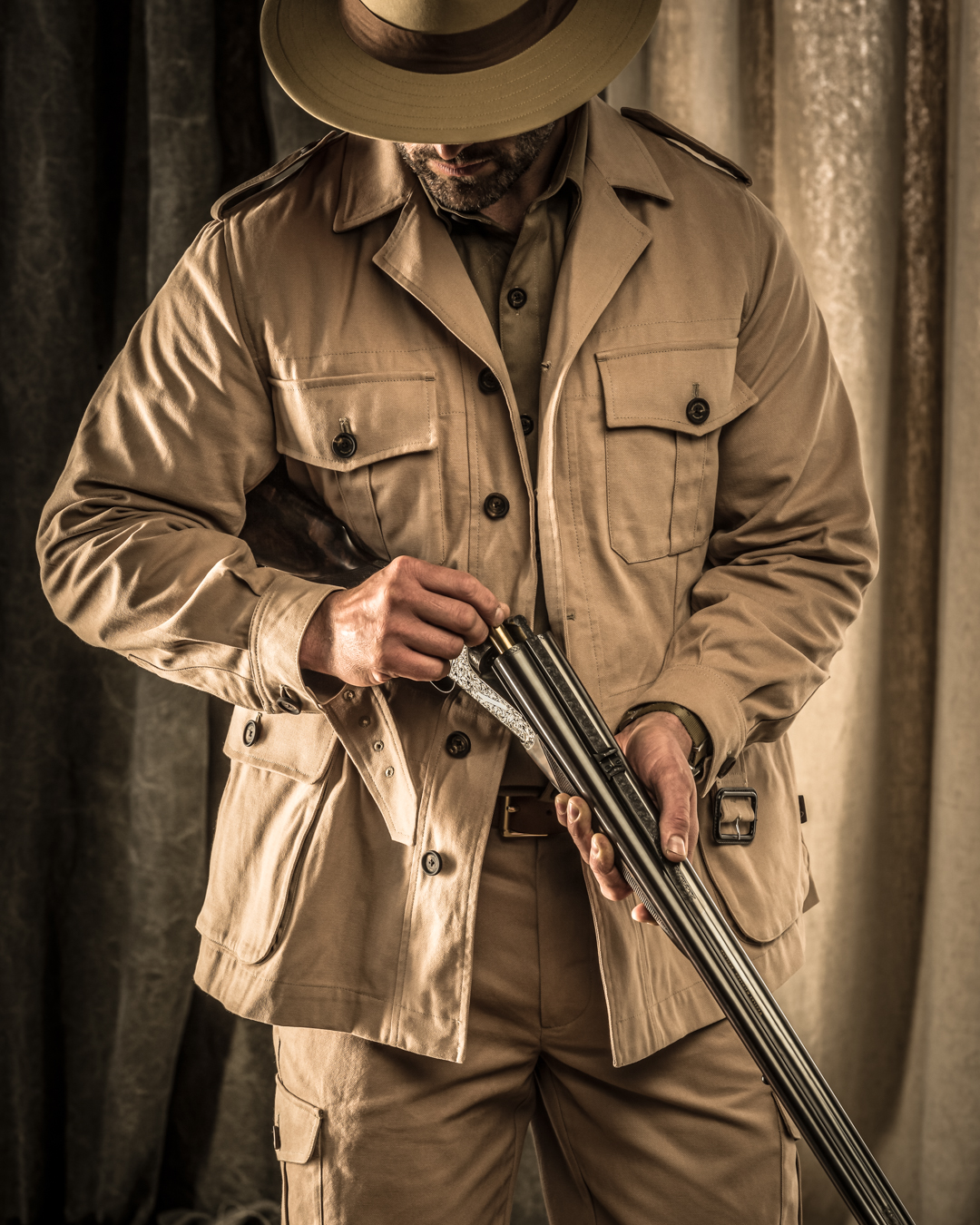
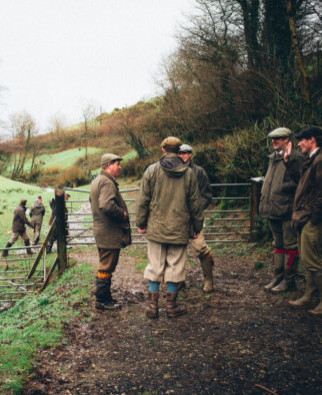
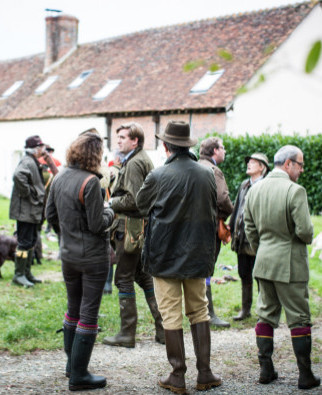
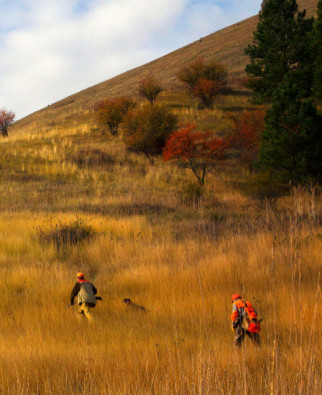
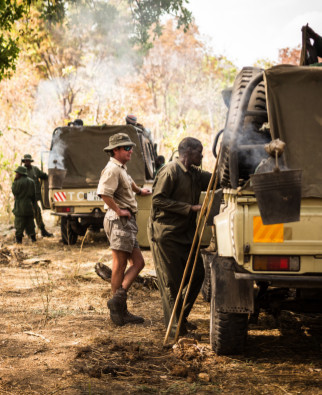
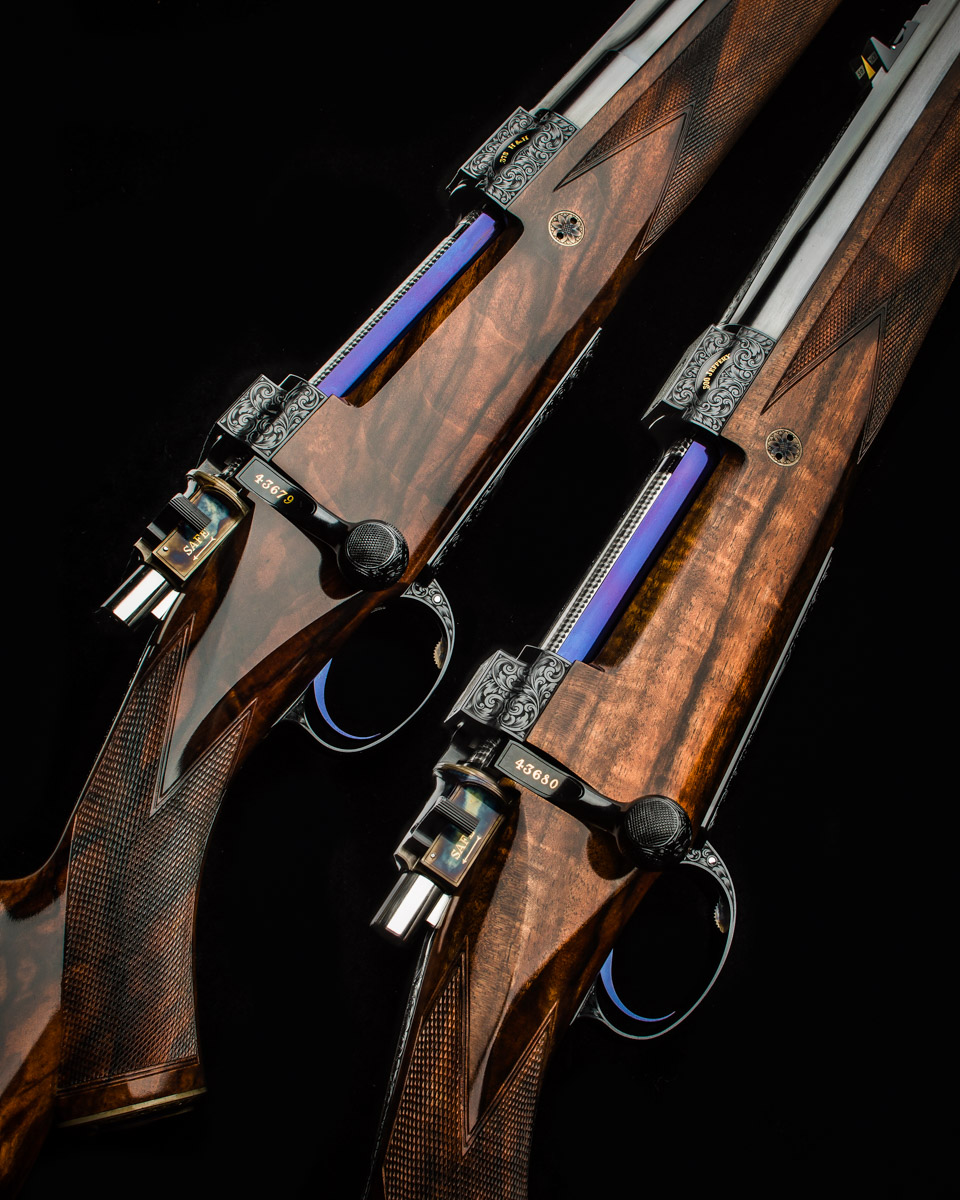
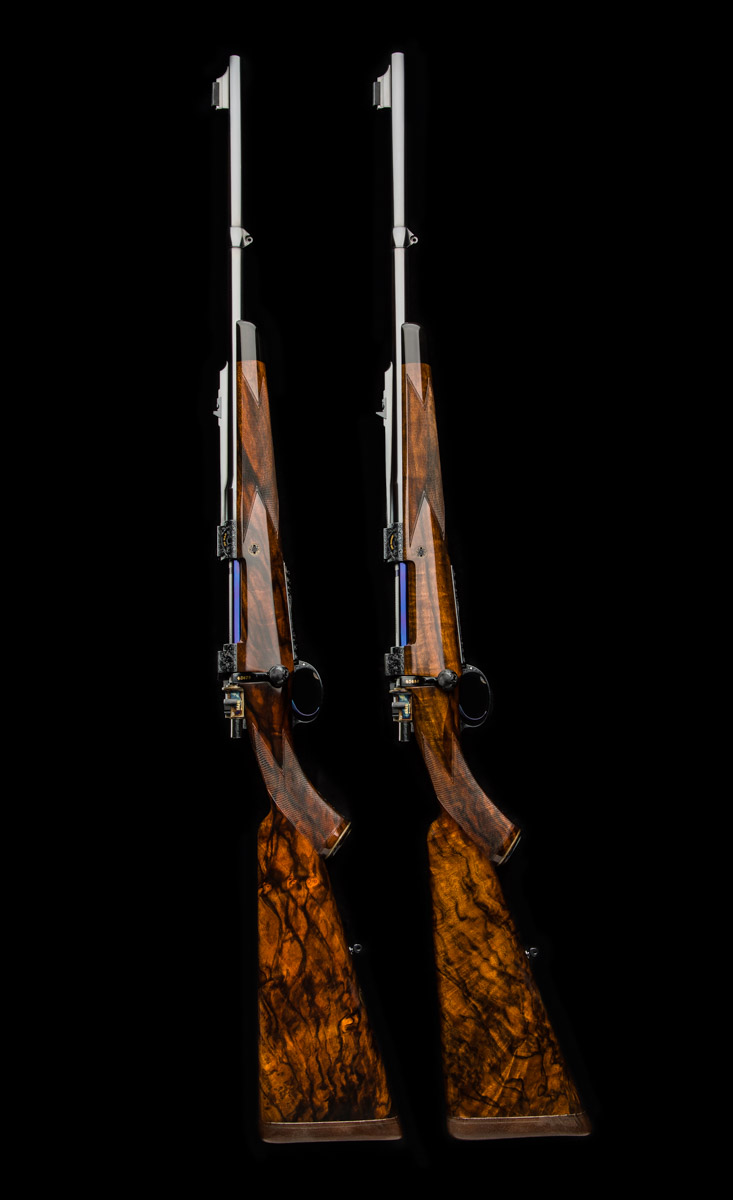



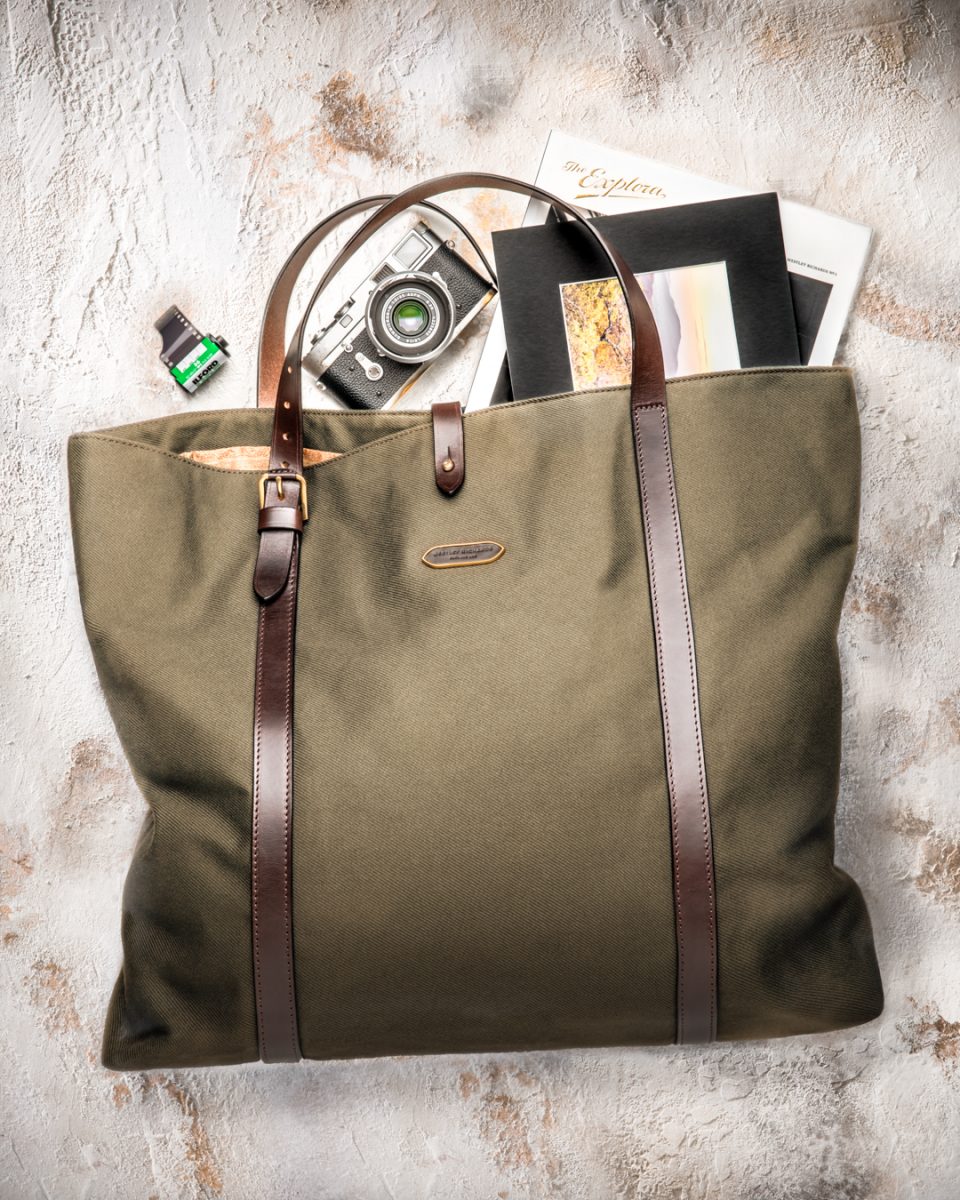
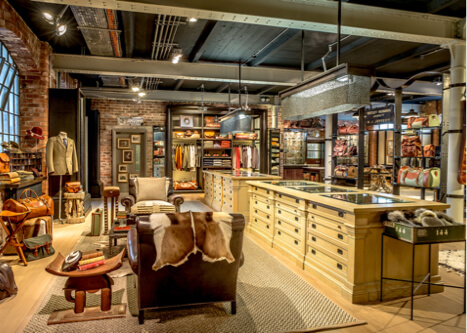
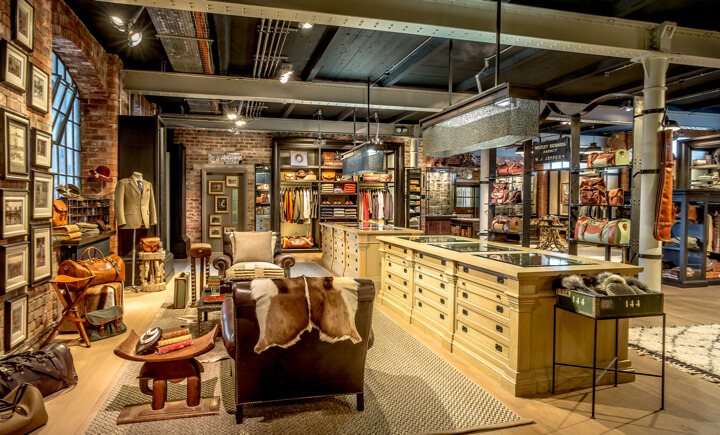
Peter on August 31, 2018 at 1:00 pm
Hi Trigger.
If I had the words I would have explained how much I love the rifles,but sorry mate I don't really know how to put it in writing.
Please tell Emma that the pictures she is taking is a pure work of art.
Best regards
Peter.
Rob Russell on August 31, 2018 at 4:37 pm
They are an magnificent looking pair of rifles without doubt. The close fitting of the stock channel for the bolt handles stands out, the stocking is amazing.
Is there a signifigance to the lack of a thumb cut on the left reciever wall of these Mauser actions? I was told once that actions intended for the sporter market didn't have these cuts as opposed to those intended for military use. But there doesn't seem to be any consistency to that as I use and see many Mauser sporters through the years.
Beautiful work!
All the best,
Rob R.
Trigger on September 1, 2018 at 1:22 am
Hi Rob
Thank you for your response. The reason you are not seeing a thumb cut is due to these being modern actions. None of the new actions that we use have the old Mauser thumb cut.
I stand to be corrected, but I also believe there is an importation issue into the USA with actions displaying the thumb cut as they are classified as military weapons. Hence new actions don’t have them.
Best regards
Trigger
Keith on September 2, 2018 at 3:32 pm
I'd need to check through my collection of patent documents to be certain ...
So, likewise, I'm open to being corrected.
If I remember correctly, in the Paul Mauser patent covering the inner collar within the receiver ring,
The inner collar, together with the extractor slot that doesnt fully penetrate the left locking lug, the thumb notch in the left wall and the flange on the front of the bolt sleeve,
form an integrated system to limit the flow of gas from the breech in the event of a leaky primer or a split cartridge case,
And to then vent any gas that makes its way back through the left raceway in the receiver, through the thumb notch.
Then to block and deflect any remaining gas by both the bolt stop/ejector assembly and the flange on the bolt sleeve.
The later addition of the blade on the front of the mainspring flange of the firing pin, that prevents a firing pin from reaching the primer unless the bolt is locked, even if the firing pin breaks in front of the cooking piece,
Provided additional vent holes to vent any gasses that entered the bolt body, into the left race way.
I'm not sure how much effect the thumb notch had, as the clearance between the bolt body and the receiver already provided a good area for gas to escape harmlessly.
On the downside, a thumb notch seriously reduced the bending and torsional stiffness of the receiver, and from that, the ability of the rifle to stay stably bedded and to retain its zero.
And in some instances (whether due to localised over heating during heat treatment) or just due to stress concentration, thumb notches could provide a site for the receiver to crack.
Rob Russell on September 4, 2018 at 4:11 pm
Thank you for the response Trigger,
There is a point I have not heard before and never would have thought of. Again, gun laws don't need to make sense in the real world!
It does make sense that the cut would serve no purpose in a modern sporting action.
Just amazing workmanship, these new WR rifles do the old time gunmaker's legacy proud.
Rex L Northen on August 31, 2018 at 10:53 pm
Fantastic!
Neil McVeigh on September 1, 2018 at 3:08 pm
I feel sorry for your competitors.When they see your gunmakers making stuff like this they must despair.I admire the new owners taste.
Please ensure we see the fruits of their visit to Africa.
PS.Peter is right to praise Emma's photographs.They really highlight these magnificent creations and help us enjoy them no end!
David Hodo on September 3, 2018 at 4:22 pm
Absolutely gorgeous rifles that still maintain a bit of "yes I was made to hunt" about them. Have to add my compliments to the photographer also!
Neill on September 4, 2018 at 3:28 pm
Well that's my 60th birthday present sorted............Oh, sorry, dreaming! Rifle porn of the highest quality, lovely work Trigger, congratulations to all involved and thanks for the photos.
Peter Buckley. on September 4, 2018 at 5:08 pm
Hi Trigger
‘Modele de Luxe’, doesn’t seem adequate enough to describe what you have presented us with, they certainly are Majestic in every way, what more could one man want, apart from a superb bird gun a fantastic bird dog, and a likeminded wife!
Best regards
Peter.